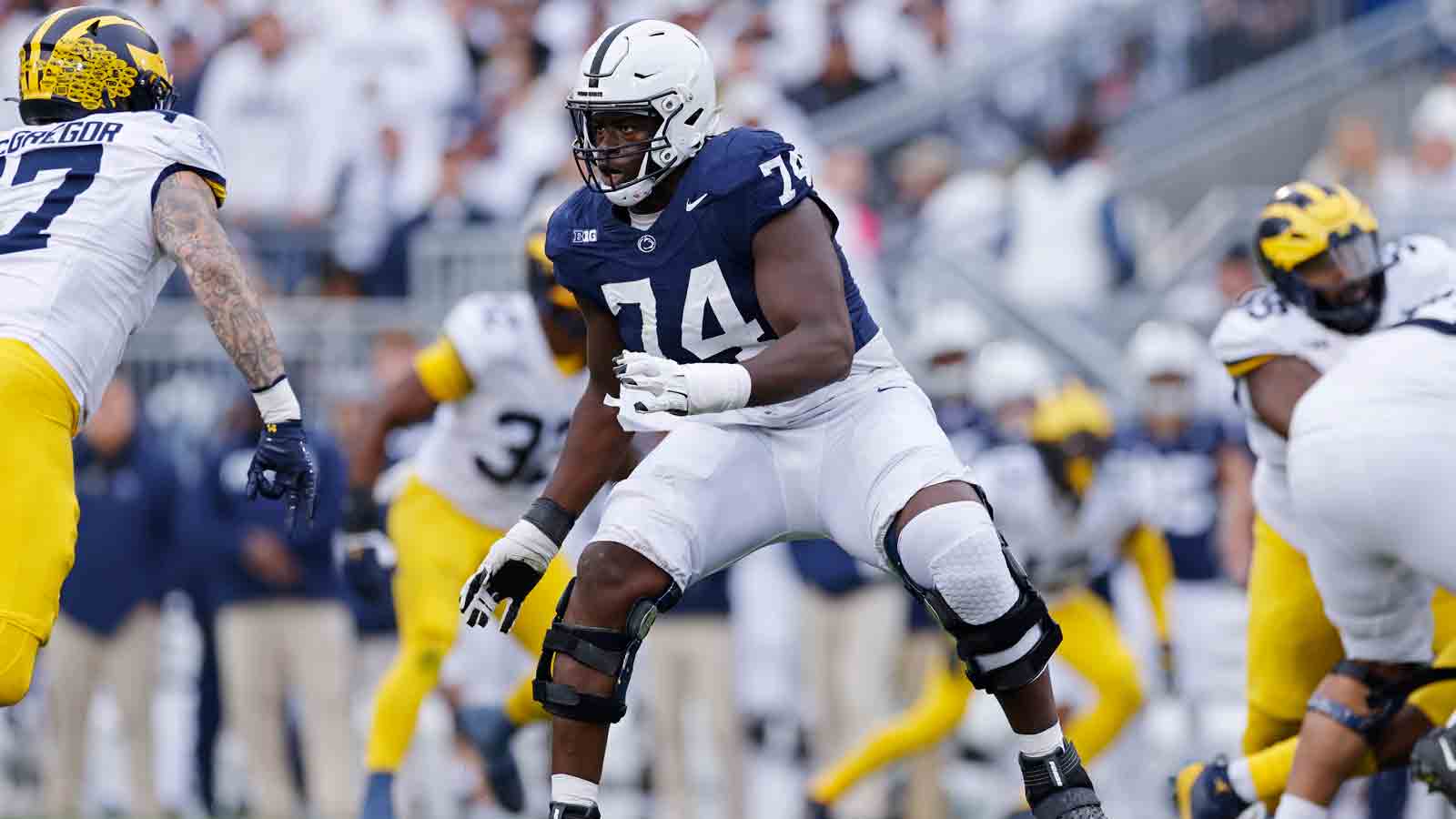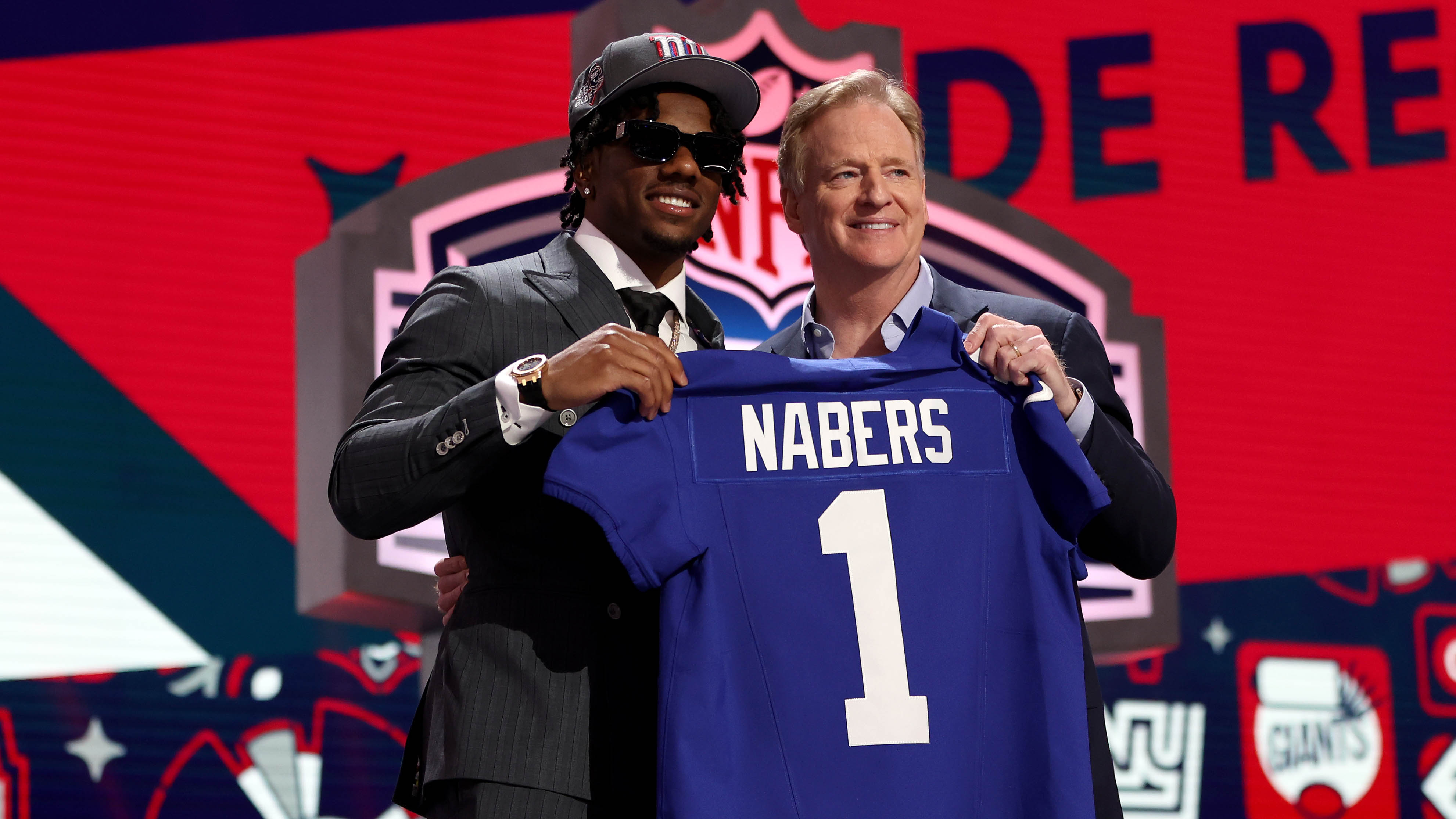Mayor Bill de Blasio, faced with rising violence in a few neighborhoods and a dedicated chorus of concern about his ability to combat crime, launched a surge of police officers meant to quell the stubborn pockets of gunplay.
De Blasio, a first-term mayor who has faced a week's worth of overheated tabloid headlines that are threatening to generate a political crisis for him, confidently declared Wednesday that the Summer All Out program, which begins Thursday, would drive down the violence even as the weather warms up.
"We have seen an uptick in crimes in some neighborhoods, and we take it very, very seriously," de Blasio said at a Bronx precinct that will see some of the additional officers. "We know it is related to some challenges likes gangs and crews. We're going to zero in on those challenges and address them."
There were 143 murders in the city through Sunday, up from 121 during the same period last year. The number of shootings also has soared, from 428 to 451, New York Police Department statistics show.
But City Hall officials have taken pains to note that the increase in violence has largely been contained to a few problematic areas, like swaths of the South Bronx and central Brooklyn. The Summer All Out surge will retrain 330 officers before moving them from desk jobs to 10 precincts and 4 public housing sectors in an attempt to quell the rising crime there.
A similar tactic a year ago resulted in a 25 percent drop in shootings in 10 targeted communities over the course of five weeks.
The rise in violence is, in reality, a fairly modest jump in crime for a city of 8.5 million people that is still on target to post one of its lowest murder rates in 50 years. But de Blasio, a liberal Democrat, was labeled "soft on crime" during his 2013 campaign, which, when combined with his tense relations with many rank-and-file police officers, makes any rise in crime a political sore point.
Local
De Blasio and his police commissioner, William Bratton, also touted several other anti-crime initiatives, including improved technology in the precincts and the anti-gang unit's attempts to forge new partnerships with at-risk teens. Both men denied that there was any link to the rise in violence with the reduction in use of the police tactic stop-and-frisk, noting that the murder rate has fallen in recent years even as police used the tactic less frequently.
Meanwhile, Bratton also pushed back against a report that quoted him about the difficulties hiring black police officers.
In a story published Tuesday, The Guardian said Bratton blamed difficulties in recruiting black men for the NYPD on the fact so many had spent time in prison and others had received summonses due to stop-and-frisk, which allowed police to stop anyone behaving suspiciously. The practice's critics believe it discriminates against minorities.
Bratton, who has demanded a retraction from the newspaper, said that being stopped by police would not disqualify an applicant from the NYPD. He did reiterate Wednesday that it was "unfortunate" that some black men can't be police officers due to their criminal records and has suggested that he would support some criminal justice reforms to ease the impact of an arrest.
A spokesman for The Guardian did not immediately respond to a request for comment.



